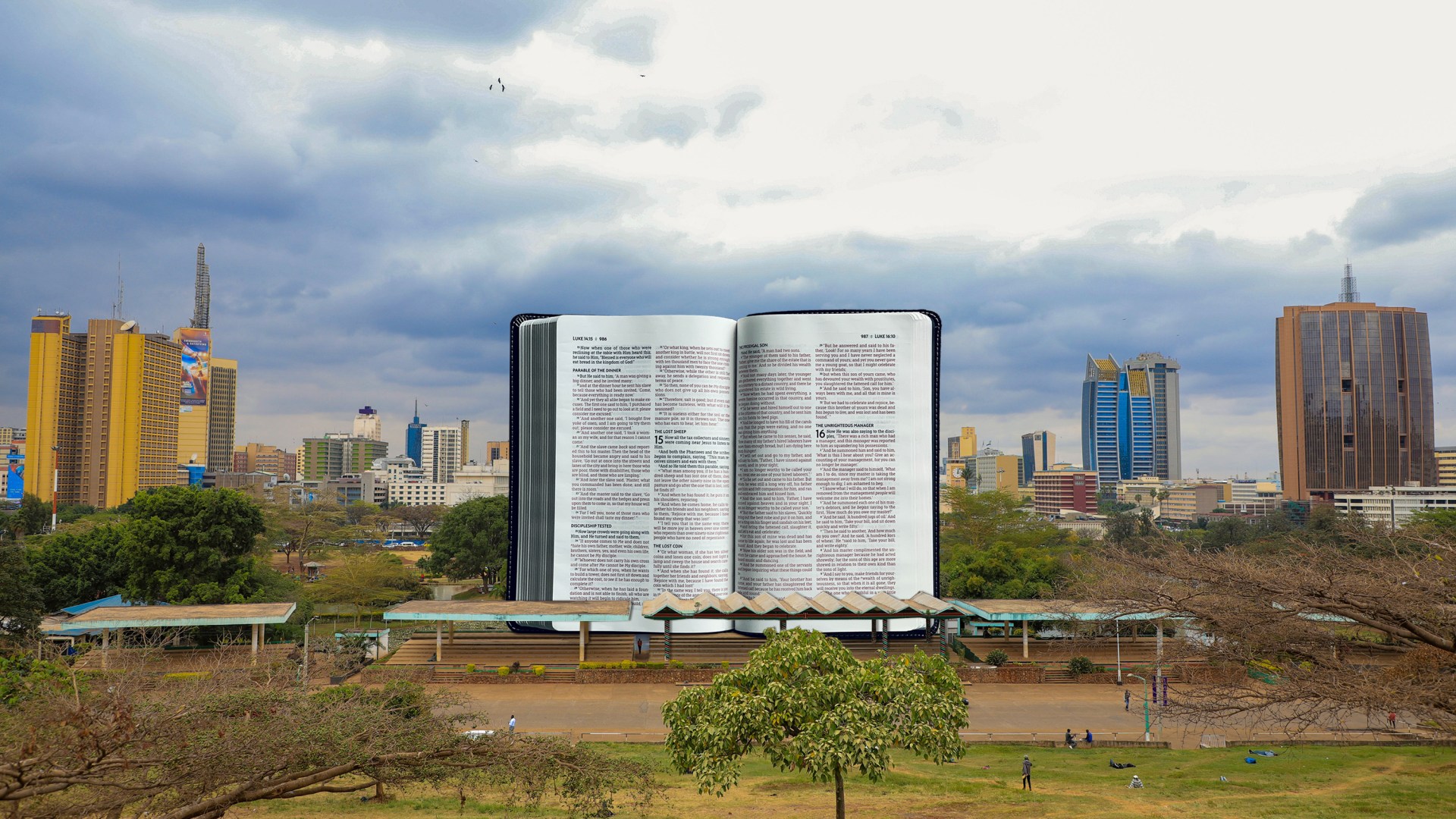Below are Africa’s top verses of 2023 as determined by YouVersion. With the help of Langham Partnership, Christianity Today asked three local Bible scholars for their analyses on what the findings suggest about the state of Christianity on the continent.
Elizabeth Mburu, Langham Literature regional coordinator for Anglophone Africa, Langham Partnership, Kenya:
What is your overall reaction to this list?
The top ten in Africa did not surprise me. Some of them are my go-to verses!
What might the verses more unique to Africa convey about Africa’s spiritual needs or level of biblical literacy/engagement?
It is likely that these verses feature prominently in Africa because of the challenging socioeconomic and sociopolitical circumstances in many African countries.
Many Christians are enduring hardships and they resort to God’s promises to provide security, provision, prosperity and protection. We struggle against many societal ills, such as corruption, as well as other issues, including spiritual oppression and false teachings. We generally have a transactional relationship with God, and most of these verses would be taken as promises—rewards for good religious conduct.
Most do not know how to interpret the Bible for themselves and so rely on what they hear from pastors. Given the rise of neo-Pentecostalism in Africa and the reality that approximately 85 percent of pastors do not have formal training, the popular verses would include those on this list. Unfortunately, this means that biblical literacy tends to be shallow in many contexts, and the “harder” truths that lead to spiritual maturity tend to be ignored since they are not meeting a felt need.
Given the events of this past year, is there a verse you wish were on this list instead?
I would wish that 1 John 2:9 was on this list. Many Africans tend to elevate ethnic identity above their identity as brothers and sisters in the family of God. We forget that when we become Christians, the church becomes our new “tribe.”
There seems to be a lack of understanding that love is the greatest commandment and it is tangible, not abstract. As a result, negative ethnicity is a constant blight in many churches, particularly during electioneering season when historical ethnic enmities are weaponized by our politicians.
Yacouba Sanon, regional book commissioner, Langham Partnership International, Côte d’Ivoire:
What is your overall reaction to this list?
The verses in the list summarize the needs and aspirations of Christians in Africa: Hope in God’s promises, trust in God’s provisions, and security in the midst of uncertainties. I am encouraged to see that both Testaments are used by readers, and although New Testament verses appear more, two OT verses come on top, and these verses come from the two major prophetic books.
What might the verses more unique to Africa convey about Africa’s spiritual needs or level of biblical literacy/engagement?
I was puzzled by John 1:1. This verse in John belongs to a highly Christological context. It does not refer to a specific physical need. Therefore, when used, highlighted, or shared, it may resonate with a strong affirmation of the deity of Christ.
Given the events of this past year, is there a verse you wish were on this list instead?
I am surprised there is not a single verse from the Psalms, as the Psalms provide us with words of encouragement and hope in a troubled world with two ongoing wars. I would have expected a verse like Psalm 46:2 or 93:1. These verses are reassuring and offer comfort in difficult times. Maybe many are too focused on their own problems and are not concerned with the big issues in the world.
Sunday Bobai Agang, president of Evangelical Church Winning All (ECWA) Theological Seminary, Jos, Plateau State, Nigeria:
What is your overall reaction to this list?
All the verses shared are quite familiar, and that makes me very happy. In the early 1980s, I attended a Bible college where memorization of 60 verses from the Old and New Testaments was a requirement. Many of these verses shared—for instance, Philippians 4:13, Jeremiah 29:11, Matthew 6:33, and so on—are among my favorites, and I use them every week when I pray for the things I want God to do in my life.
What might the verses more unique to Africa convey about Africa’s spiritual needs or level of biblical literacy/engagement?
To begin, it might be due in large part to the training that pastors—who are actively involved in evangelism, church planting, teaching, and discipleship of their members—received regarding biblical literacy.
Further, it shows the social context and the people’s common experiences. For instance, Christians in times of political unrest and economic suffering often find comfort in memorization of Scriptures that speak to hope both now and in the future.
Given the events of this past year, is there a verse you wish were on this list instead?
Romans 4:17 and 11:36. In Romans 4:17, it is written that Abraham “believed that God was able to bring back to life the dead and create new things out of nothing.” Assuming this is the same God who saved us, he can transform any situation we’re in right now.
As Paul states in Romans 11:36, “Everything comes from God; everything exists by God’s power and everything is intended for God’s glory.” No longer held. Everything that exists today can only be explained by the might of God, according to my interpretation of this. The purpose of God’s creation is to bring glory to God. Consequently, God is supreme, and he wants me to spend my life such that others will glorify him.
Editor’s note: CT’s regional analyses of the YouVersion top Bible verses of 2023 include Africa, Brazil, the Philippines, Singapore, and Ukraine.
Founded by John Stott, Langham Partnership trains, equips, and publishes pastors and leaders in growing Christian communities in the Majority World.















